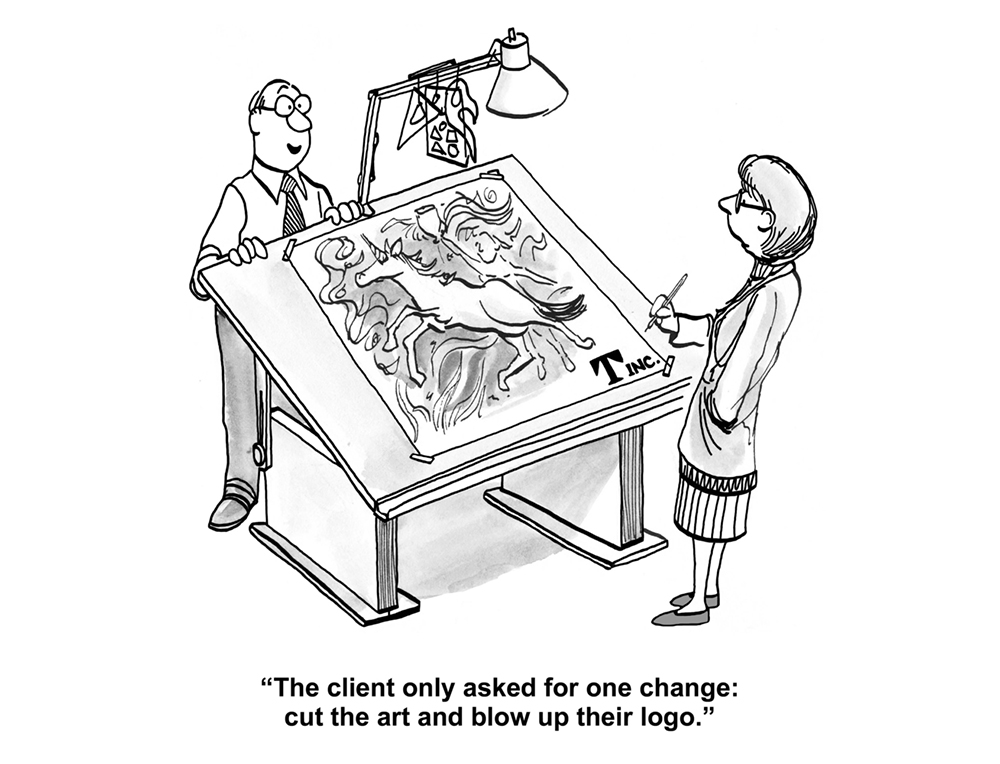The advertising industry is changing but perhaps not at the pace many clients would like. So, what are the views of the people and brands that pay the bills and keep the industry ticking over? Barry Dooley, chief executive of the AAI outlines some of their concerns.
 The Association of Advertisers in Ireland (AAI) is the only representative body focused singlemindedly on the interests of Irish advertisers. In order to provide relevant support and guidance, the AAI’s campaign agenda is member led and our priorities are based on their needs and interests. Our priorities respond to today’s industry issues and range from championing improved media standards and the freedom to advertise responsibly, through to promoting innovation in the evaluation of effectiveness, together with a diverse media environment, offering choice for advertisers.
The Association of Advertisers in Ireland (AAI) is the only representative body focused singlemindedly on the interests of Irish advertisers. In order to provide relevant support and guidance, the AAI’s campaign agenda is member led and our priorities are based on their needs and interests. Our priorities respond to today’s industry issues and range from championing improved media standards and the freedom to advertise responsibly, through to promoting innovation in the evaluation of effectiveness, together with a diverse media environment, offering choice for advertisers.
As AAI is a member of the World Federation of Advertisers (WFA), we play a leading role locally in a manner which reflects the EU/Global strategy led by the WFA. The Global Media Charter is an example of this (more of this later).
SUB-OPTIMAL ONLINE ADVERTISING ECOSYSTEM
It’s fair to say that 2017 and 2018 to date have proved to be very eventful. Even for an industry used to as much change and disruption as ours. 2017 will long echo with Marc Pritchard’s description of the online ad system as “murky”, “fraudulent”, “antiquated and crappy” to describe the experience that drives people to adblocking. 2017 was the year that digital overtook TV as the single biggest form of advertising.
2018 and the future will prove to be even more disruptive, only this time the hallmarks are likely to be “GDPR”, “transparency” and “consent”. GDPR is almost two months in operation and it has been suggested that GDPR will shine a light on the digital advertising ecosystem.
In the era of declining consumer trust, growing scepticism about digital advertising and a shifting regulatory landscape (including GDPR), brand owners need to understand more than ever how their agencies (and their suppliers and subcontractors) are using consumer data to target and deliver their digital advertising.
One question that needs to be asked is, “who actually understands the operational side of the Internet”? The ad serving and retargeting process is complex and opaque.
There are transparency challenges that brands will face when they try to see what’s going on “under the hood” in the digital supply chain. So as a brand owner you need to be conscious that your supply chain could get you into trouble.
For years advertisers have over-relied on their agencies to deliver. Now you as advertisers are responsible and there are hundreds of different companies trading away in order to win bids to serve advertising. And it’s quite complicated.
You see a mix of an agency – trading desk and DSPs – if one of these falters, then we are all in trouble.
So GDPR should switch the light on. It is time to look very hard at who your agency relationships are with their supply chain.
The plan is that GDPR will give consumers lots of control regarding new rights and consent process. Ensure that your agencies are set up to do this and that they are prepared to disclose this information.
GLOBAL ADVERTISERS DEMAND REFORM
The World Federation of Advertisers recently published a Global Media Charter, designed to create the conditions for a marketing ecosystem that works better for brands and consumers.
Developed by more than ten of the world’s top advertisers as well as advertiser associations in the top 10 global ad markets, the Global Media Charter sets out eight clear ‘Principles for Partnership’ designed to create a better, more balanced, digital marketing ecosystem.
It seeks to build on the concerns highlighted by Procter & Gamble and Unilever in the areas of transparency, brand safety, ad fraud and viewability by creating a framework that agencies, ad-tech companies and media platforms should comply with if they want to secure advertising revenues in the future.
Consumer trust in online ads is at an all-time low, especially for online advertising, while ad blocking is growing 30% a year globally. WFA believes that the principles outlined in the charter, especially those focused on the responsible use of data, are essential if consumer trust in digital advertising is to be rebuilt. Industry reaction to this document has been mixed. Naturally clients have been supportive, and we are aware that many have adopted (some or all of) the principles as their own. Most consultancies, independent agencies and even ad networks have also been supportive. Network agencies and media platforms have been much quieter!
Our ambition for this document has always been to get traction globally and locally. The AAI has translated and distributed the Charter in Ireland.
I am conscious of some local feedback to this initiative, namely, that there are rogue players who don’t sign up or sign up in name only and they will continue to get traction and advertiser support but don’t have the shackles of the industry protocols.
But there are no easy solutions to complex problems, however, this charter is a first step. It sets out what the members of the AAI need. It puts us in a position of driving the industry agenda. And more importantly, it has the support of some of the world’s biggest ad spenders. Of course, there will always be those who are not buying into this But if I were Google or Facebook, I’d listen very carefully and I have been informed that this
is what they seem to be doing right now.
Especially when you consider the Facebook Cambridge Analytica scandal. Then the recent undercover report on Channel 4 that revealed a chaotic system of moderating harmful and illegal content on Facebook.
And the recent incident in the UK where Mars pulled its advertising from You Tube where one of its brands was linked with a drill video despite earlier announcements from Google on stricter controls on monetisation.
Agencies need to realise that there will be more to follow on this Media Charter.
CURRENT OBSESSION WITH COST-CUTTING IS PROVING COSTLY
Economist, Chris Johns recently published an article in The Irish Times which speaks to a publication that Core and the AAI launched last year entitled “Marketing Multiplied”.
The growing concern today still relates to the increase of short-term marketing. And this is a very serious issue facing clients and agencies today and into the future.
Chris referred to firms that don’t have to be bothered much with investment or innovation and that it is likely that deeper forces are at work. Three (related) suspects are shortterminism, cost-cutting and risk aversion.
The pressure to generate cash isn’t just about capital investment. Many companies have annual (but described as “one-off”) rounds of cost cutting, involving redundancies and budget cuts. The easiest way to generate immediate cash is to cut spending.
And there is a generation of managers who have risen to the top on the back of their reputation as cost cutters – it’s a funny type of achievement. It’s a type of paradox: investors have become more averse to companies taking investment decisions. Corporate investment or capital spending involves spending money for an uncertain reward in the future. Equity markets have become obsessed with cashflow generation. Maximising cashflow – at the expense of long term growth – means spending as little money as possible.
This is an issue that some agencies are not in a position to address because it is outside of their control. 2018/19 represents a big opportunity for the marketing industry to get back on track and start re-building trust both internally and with the people it is meant to serve.
These are observations from some of the AAI members and it is interesting to note that the comments are largely consistent with the findings from the WFA research which is next. It should be noted that these AAI members represent indigenous companies who are in control of their marketing operations and communications – in control of their own destiny.
First published in Irish Marketing Journal (IMJ July/August 2018)© to order back issues please call 016611660





















